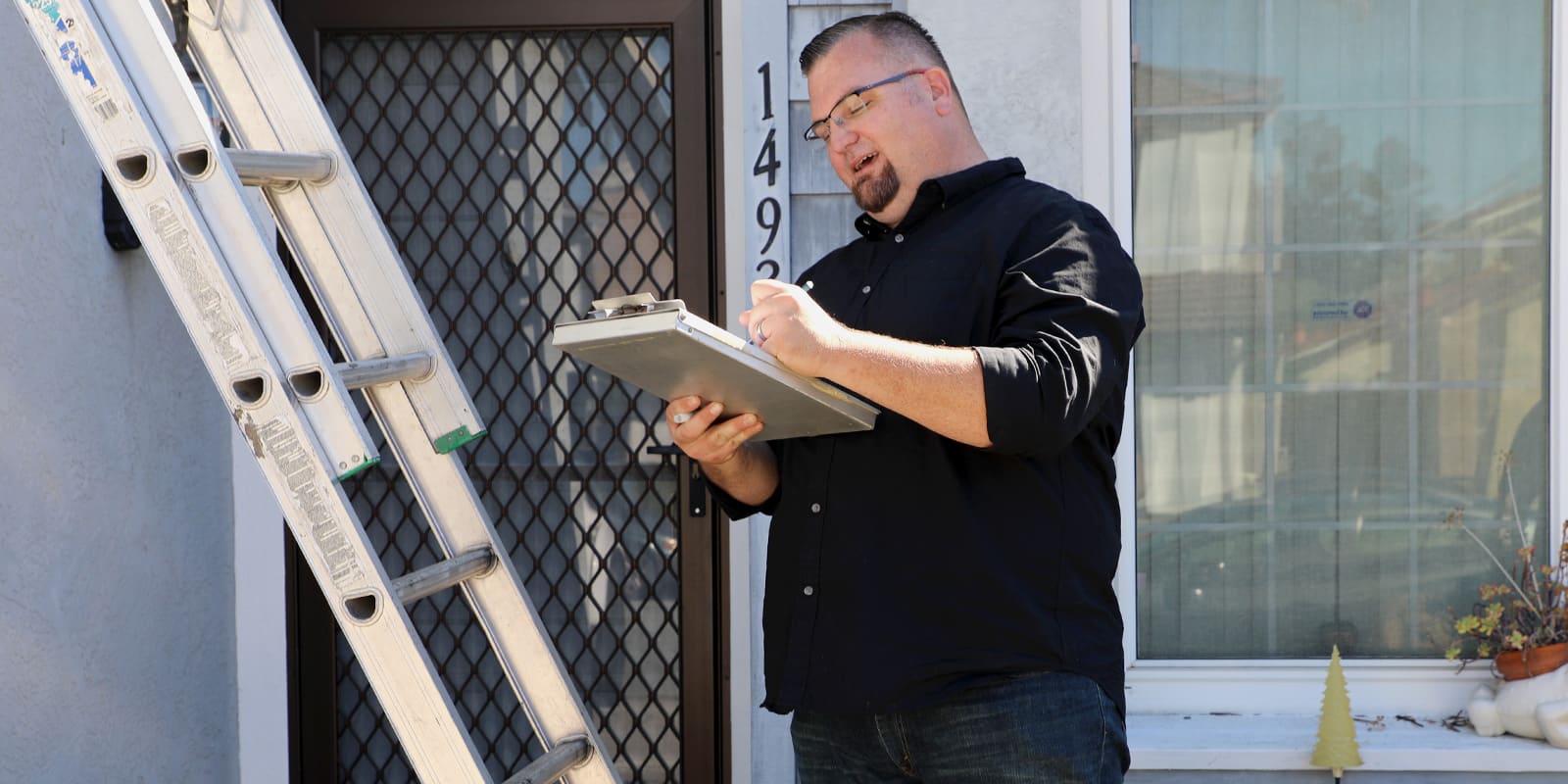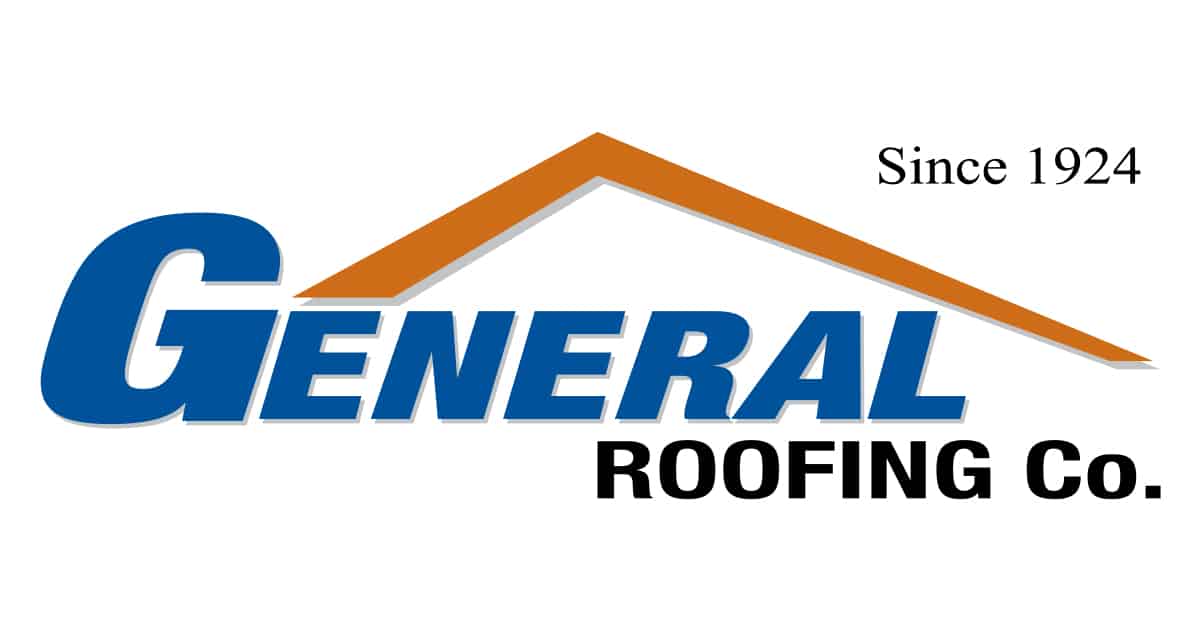
As a commercial building owner, there will inevitably be a time when you will need to invest in the maintenance, repairs, and eventual replacement of your building’s roof. When that happens, you want to be prepared to deal with the commercial roofing contractors by asking these important questions before a commercial roofing project.
1. Is The Contracting Company Licensed, Insured, And Bonded?
The number one thing that you want to ask before a commercial roofing project is if the contracting company is licensed, insured, and bonded.
When a contractor is licensed, insured, and bonded they have multiple layers of protection in the event that they damage your building while making repairs. It even takes the liability off of you, the building owner, and shifts it to the contractors who are insured for instances where they need it.
2. What Kind Of Materials Would You Recommend For My Budget And Needs?
When it comes to commercial roofing projects, the two main factors that would determine what kind of roofing system you spring for will be your budget and the kind of roofing system that will fit your need best. When discussing the commercial roofing project, be sure to discuss your budget with the sales manager (or company representative) that you speak with, and be sure to ask for various options. Typically, there is more than one roofing system that could work for your while remaining within your budget.
3. Will My Business Be Able to Continue Operating During The Installation Process?
While many major building repairs may shut your business down until the completion of the project, a roofing job should not obstruct your employees and clientele. That being said, you should always ask two leading questions— how long will the commercial roofing project take? And will we be able to remain open for the duration of the project?
4. Can My New Roof Lower My Insurance Rates?
Did you know that a new, leak-proof commercial roof might encourage your insurance company to lower your rates? It’s true! A new roofing system will reduce the risk that your building experiences water damage (or any damage from the elements for that matter) and lower risk for the insurance companies usually equates to lower insurance rates.
5. What Does The Estimate Entail?
Finally, you always want to ask for a complete estimate in writing, including a breakdown of each line item. A typical itemized estimate will include the labor, materials, cost of repairing or replacing any underlying plywood, and miscellaneous expenses.

Recent Comments